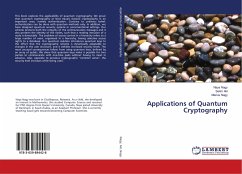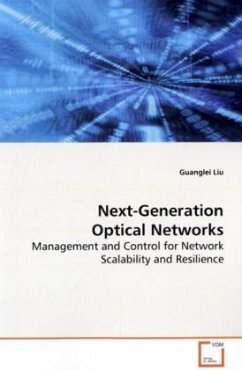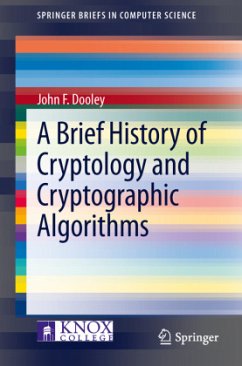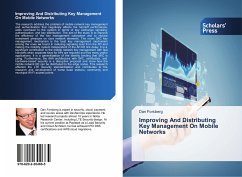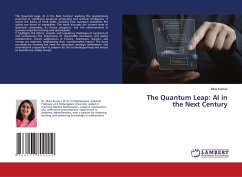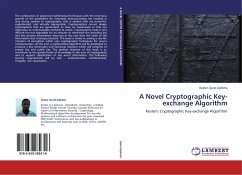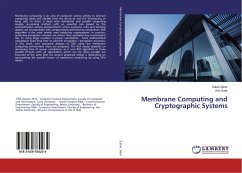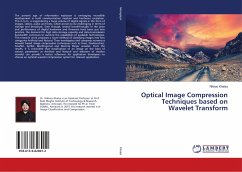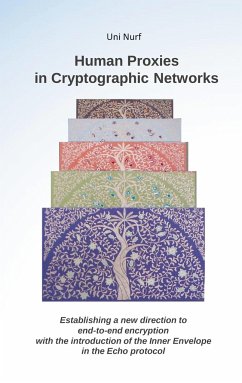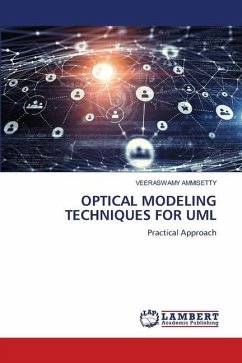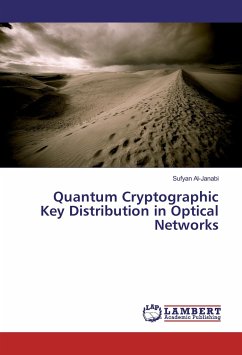
Quantum Cryptographic Key Distribution in Optical Networks
Versandkostenfrei!
Versandfertig in 6-10 Tagen
46,99 €
inkl. MwSt.

PAYBACK Punkte
23 °P sammeln!
Quantum cryptography is a new branch of cryptology and physics that relies on the use of protocols designed to exploit quantum mechanical phenomena to guarantee the secrecy of cryptographic keys. The purpose of the quantum key distribution is for two or more correspondents, who share no secret information initially, to agree on random keys, which remain secret against attacks from more powerful analytic or computational tools. In this work, several novel secure optical communication network models are presented. The security of these network models is achieved using quantum cryptographic key d...
Quantum cryptography is a new branch of cryptology and physics that relies on the use of protocols designed to exploit quantum mechanical phenomena to guarantee the secrecy of cryptographic keys. The purpose of the quantum key distribution is for two or more correspondents, who share no secret information initially, to agree on random keys, which remain secret against attacks from more powerful analytic or computational tools. In this work, several novel secure optical communication network models are presented. The security of these network models is achieved using quantum cryptographic key distribution. Both point-to-point and multiple access broadcast networks are considered. Furthermore, in developing these models, the simplicity, generality and flexibility are highly maintained. Thus, it is possible to use these models efficiently for software simulation purposes



